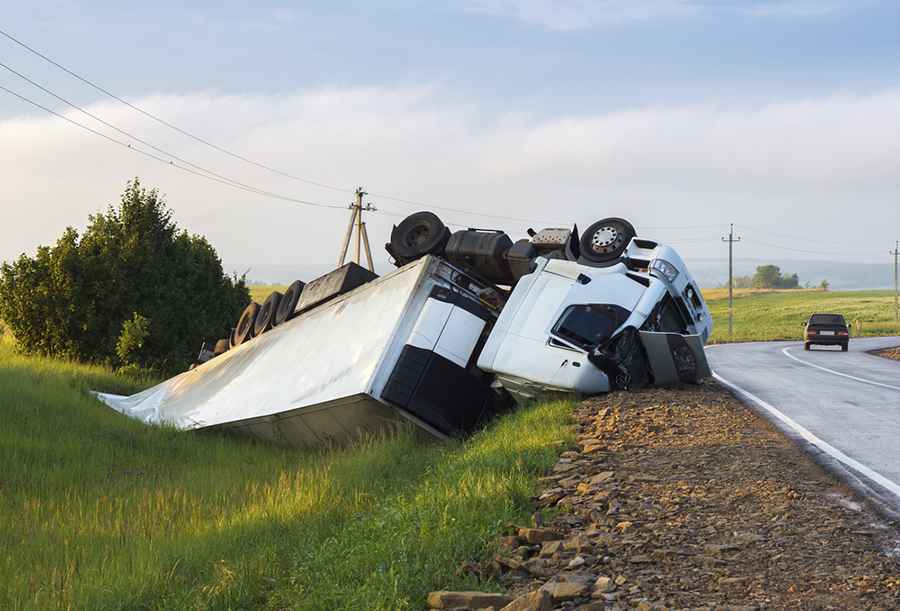Who May Be Held Liable for a Truck Accident?
Truck accidents can have devastating consequences, causing severe injuries and even fatalities. When a trucking accident occurs, determining liability becomes crucial in order to seek compensation for the damages. Navigating the aftermath of a truck accident can be a complex and overwhelming ordeal. The sheer size and weight of commercial trucks mean that when they are involved in collisions, the consequences can be devastating, often leading to serious injuries or even fatalities. But determining liability in such accidents is not always straightforward.

Understanding the multifaceted nature of trucking regulations and the interplay between human error, mechanical failure, and regulatory compliance is crucial in unraveling who is at fault. This article will shed light on the legal intricacies and the potential parties that may be held liable in a truck accident, providing clarity and guidance for those seeking justice and compensation for their losses.
Truck Driver
When it comes to truck accidents, multiple parties can potentially be held liable. The first party that may be held responsible is the truck driver. If the driver was negligent or violated traffic laws, they can be held accountable for the accident. This includes instances where the driver was under the influence of drugs or alcohol, driving recklessly, or violating hours-of-service regulations. In Atlanta and many other states, truck drivers may also be held liable if they were speeding, distracted by their phone, or failed to follow local traffic rules specific to the area. In such cases, seeking the guidance of a truck accident lawyer in Atlanta can help victims navigate the complexities of legal claims and ensure they receive fair compensation. A lawyer can aslo assist in determining if the driver's employer shares any liability due to inadequate training or oversight.
Trucking Company
In many cases, the trucking company that employs the driver can also be held liable for a truck accident. If the company failed to properly train the driver, neglected to perform regular vehicle maintenance, or violated federal regulations, they may share the responsibility for the accident. It is important to note that even if the driver is an independent contractor, the trucking company may still be held liable under certain circumstances.
Vehicle Manufacturer
Sometimes, the cause of a truck accident can be traced back to a defect in the vehicle itself. If a manufacturing defect or design flaw contributed to the accident, the manufacturer may be held liable. This can include faulty brakes, defective tires, or other mechanical failures that directly led to the accident.
Cargo Loaders
Improperly loaded or secured cargo can also be a factor in truck accidents. If the cargo shifts during transit and causes the truck to lose control, the individuals or companies responsible for loading and securing the cargo may be held liable. This can include shippers, loaders, and even the company that owns the cargo being transported.
Government Entities
In some cases, government entities may be held liable for truck accidents. This can occur if the accident was caused by poor road conditions, inadequate signage, or other factors that fall under the responsibility of the government. However, proving liability against government entities can be more complex and may require specific legal procedures.
Conclusion
Determining liability in a truck accident is a complex process that requires careful investigation and analysis. The parties mentioned above are just a few examples of who may be held liable for a truck accident in Miami. It is important to consult with an experienced truck accident attorney who can assess the specific circumstances of your case and help you navigate the legal process to seek the compensation you deserve.
Image credit: Depositphotos